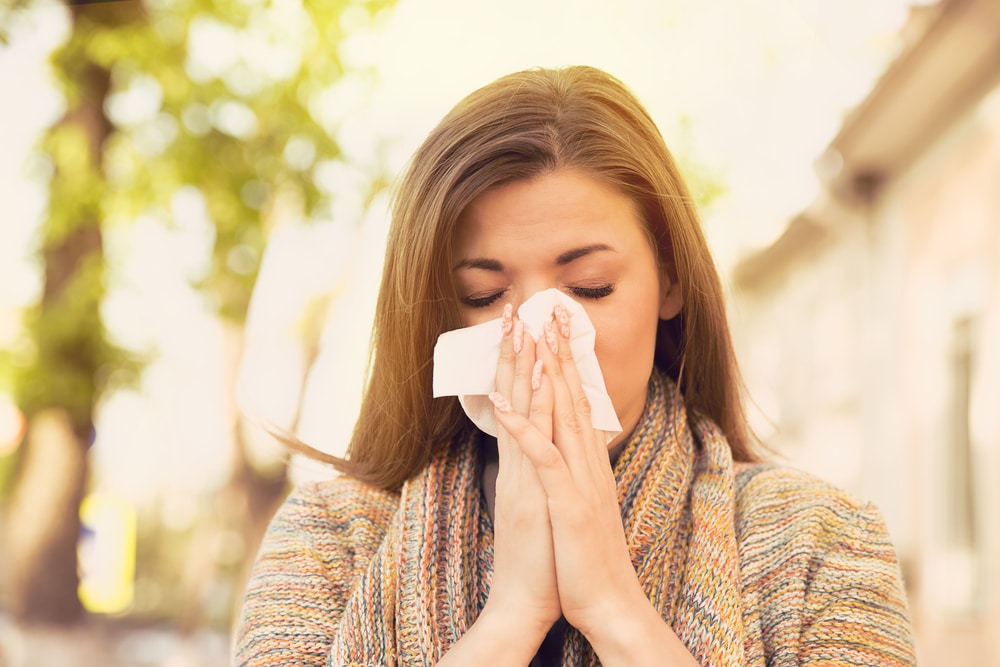Allergy Drops

Do you suffer from environmental allergies? About 40% of individuals have some sort of allergy, but some develop more severe reactions than others.
Allergies occur when your body reacts to environment. Your body’s immune system responds to the allergen with a running nose, itchy eyes, and sneezing. Since these allergy symptoms can be frustrating and sometimes be resistant to treatment with allergy medications, many people use immunotherapy (allergy shots or sublingual drops) to minimize them.
Allergy shots are great for reducing allergy symptoms, and continuous use builds up your immunity to your allergen. Unfortunately, some patients don’t have enough time in their busy schedules for routine allergy shots, or may want to avoid some of the side effects of the treatment. Luckily, oral allergy drops are a viable option.
What are Allergy Drops?
With allergy drops, you can achieve similar results to allergy shots. Allergy drops are taken orally by placing a small amount of your allergen under your tongue. They contain the same purified form of your allergen similar to an allergy shot.
Allergy drops are also known as SLIT (sublingual immunotherapy). “Sublingual” refers to the drops going under the tongue, and “immunotherapy” means they bolster the body’s immune system.
Sublingual immunotherapy is quickly becoming popular in the United States, and here at Associates of Otolaryngology (AOO), we’ve adopted it as a form of allergy treatment. With SLIT therapy, after allergy testing in the office, you place the drops under your tongue three times a day at home.
However, it’s vital to note that the type of treatment required to build your immunity depends on the types of allergies you have, and the length of treatment depends on the severity and your response to treatment. For example, for people allergic to ragweed, pollen, mold, foods, or dust mites, your allergen will contain these substances.
With time, increased exposure to the extract in your allergen drops helps in building up your immunity. WHO (World Health Organization) has already endorsed sublingual immunotherapy as an effective allergy treatment.
It’s wise to discuss with your friendly ENT to see whether sublingual immunotherapy is right for you.
Facts About Allergy Drops
- Compared to other treatments, allergy drops produced a 40% reduction in chest tightness, wheezing, and coughing caused by allergies.
- Statistics show that patients need less medication to control their allergy symptoms when using drops.
- Allergy drops are inexpensive, and they require fewer clinic visits.
- Allergy drops produce a 40% reduction in sneezing, runny nose, and nasal congestion.
- You can take allergy drops at home, saving travel and office time.
If you have allergies, ask our physicians at AOO about the limitations and benefits of using allergy drops. We are the leading providers of sublingual immunotherapy in the Denver and Lone Tree areas.
Remember that SLIT may not be appropriate for all sufferers with allergic asthma or allergic rhinoconjunctivitis. And, your health insurance may not cover your allergy drops. Also, other conditions that are not allergies can cause a stuffy or runny nose.
Our physicians can also provide you with other treatment options if allergy drops aren’t an option for you.
Need Allergy Drops?
Contact AOO | ENT Specialists of the Rockies today if you want to receive drops for your allergies. We have locations in Denver, Lone Tree, and Castle Rock to serve you!




